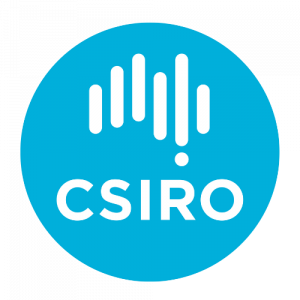- Bring your expertise in radio astronomy, radiocommunication system design or radio frequency interference (RFI) management to work
- Develop software and build on research that directly influences how telescopes and satellites can coexist
- Grow in this role to be the voice of science in global regulatory environment and help safeguard the future of space science and global communications
About CSIRO and Space & Astronomy
As Australia's national science agency, CSIRO is solving the greatest challenges through innovative science and technology. Many of our iconic innovations were once considered impossible until someone, just like you, joined us and took on the challenge.
Visit CSIRO.au for more information.
Our expertise is in understanding the Universe, using radio telescopes, including observing Earth from space. Through our Space and Astronomy research unit, we operate world-class national facilities for radio astronomy, spacecraft communications and tracking, and collecting satellite-derived data about Earth, for customers from across Australia and the world. CSIRO's Space & Astronomy (S&A) builds and operates radio telescopes around Australia, including Murriyang, CSIRO’s Parkes radio telescope (the iconic Parkes “Dish”), the Australia Telescope Compact Array at Narrabri, ASKAP, the Australian SKA Pathfinder telescope in remote Western Australia. CSIRO is also a partner in the international SKA project in building the next generation of radio telescopes, and operates the Australian SKA site at Inyarrimanha Ilgari Bundara, our Murchison Radio Observatory.
Visit Space and astronomy - CSIRO for more information.
The opportunity
As a Radio Astronomy Spectrum Manager, you will join a globally engaged team shaping the future of radio astronomy. Drawing on your extensive technical knowledge, this role will require a long-term commitment and active participation in national and international spectrum management, the development of robust interference mitigation strategies, and collaboration with commercial and regulatory stakeholders.
You will not only provide complex technical expertise in radio astronomy and RF engineering, with a strong grasp of interference mitigation techniques, but you will also provide expert advice and influence strategic decisions across a globally connected site. Owing to the global nature of this regulatory and scientific environment, frequent international travel will be required for you to be successful.
What is so exciting about this opportunity? Looking at the long-term nature of regulatory processes, you should be willing to commit to this role for at least two World Radio Conference (WRC) cycles – 8 years. Growth opportunities within the role, with a gradual increase of responsibilities as your expertise grows, will be considered.







